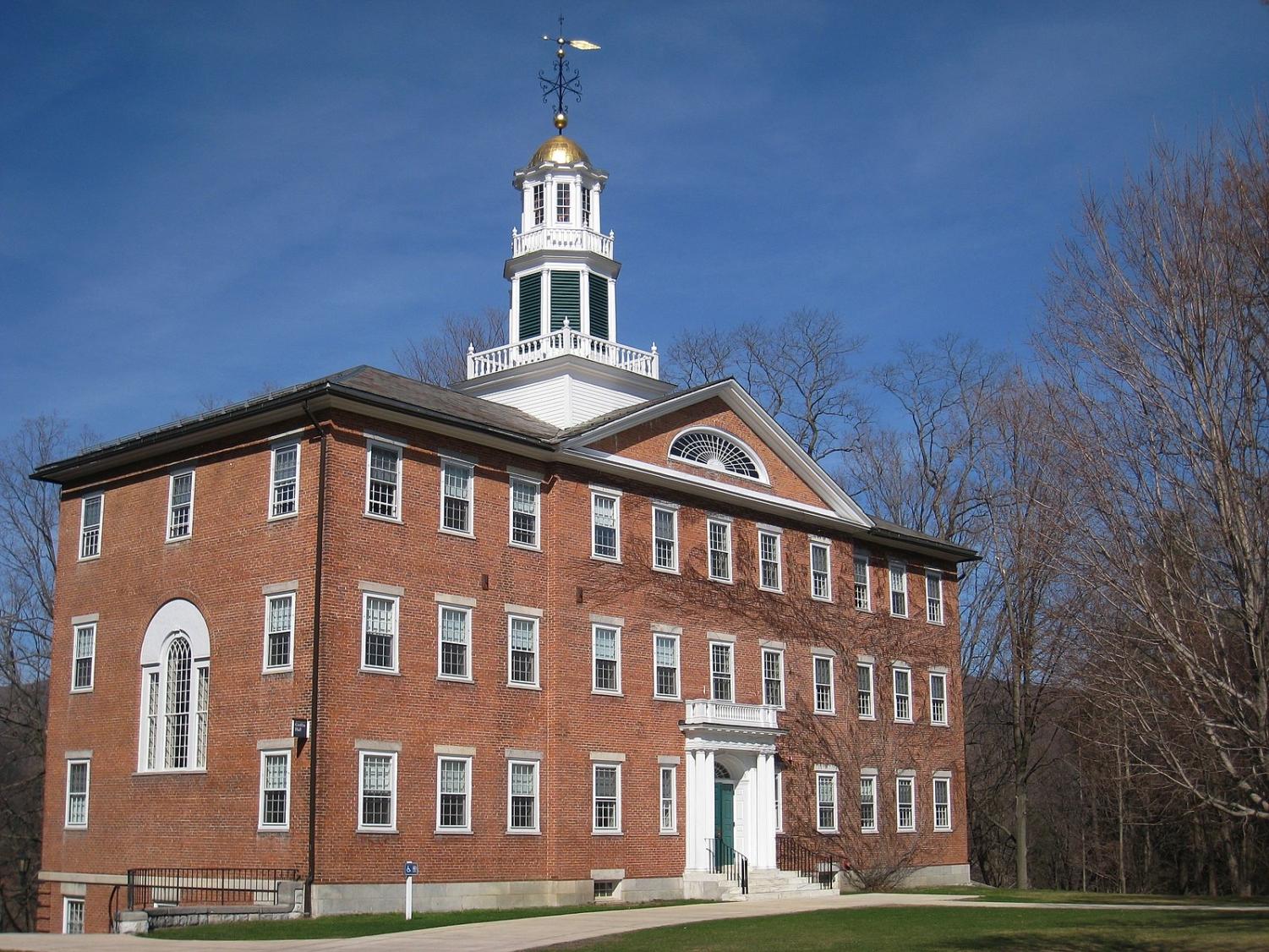Dean of the College Gretchen Long forms ad hoc committee to study academic integrity
May 3, 2023

Dean of the College Gretchen Long has established a committee that will consider academic integrity at the College. The Ad Hoc Committee on Academic Integrity, which Long will chair, will comprise faculty members from every division. It will convene for the first time in the coming weeks and meet regularly for roughly a year, after which Long expects to share the committee’s findings with the community.
The primary impetus for the committee’s formation, Long told the Record, is the rise of artificial intelligence such as ChatGPT.
“I’m sure everyone has fiddled around with AI enough to know that it can outline a paper, [and] it can write a paper,” she said. “It does necessitate a kind of rethinking of what plagiarism means.”
In February, faculty members across disciplines told the Record that they have started considering the ramifications of ChatGPT and have modified their syllabi accordingly.
“We’d like to have a conversation … about where this really new and significant tool fits in our understanding of academic integrity,” Long continued.
While the scope and procedures of the committee remain largely undefined, Long said that the committee will also consider concerns raised by faculty about sanctions determined by the Honor and Discipline Committee, a student-led body that hears cases about academic dishonesty and recommends disciplinary action to the Dean’s Office. The ad hoc committee will not alter the specifics of College’s honor code but instead facilitate dialogue about its implementation.
Associate Professor of Philosophy Justin Shaddock, who serves as the faculty chair of the Honor and Discipline Committee, said faculty members have expressed discontent with the severity of sanctions that the committee gives to students and have even called into question whether sanctions should be given out at all.
In the wake of the pandemic, the standard penalty given by the Honor and Discipline Committee for breaking the honor code became significantly less severe.
“We said to Dean Long, ‘Maybe you should try to look into this a little bit,’” Shaddock said.
Students will not serve on the committee in order to create an environment in which faculty feel comfortable sharing opinions they would not otherwise, Long said. “There’s some important stuff we need to flesh out with just faculty.”
Long added, however, that she hopes student representatives from the Honor and Discipline Committee will be “frequent and trusted guest stars and advisors.”
Long also expects that the ad hoc committee will also contact administrators at other institutions of higher education to learn about their policies regarding academic integrity.
Associate Professor and Chair of Religion Jeffrey Israel, who has previously served on the Honor and Discipline Committee, emphasized the potential benefits of researching honor codes and disciplinary systems across colleges and universities.
“The sense of what we happen to have already as an institutional structure ought not to be taken as the presumptive best form for us,” Israel said. “Just because Williams happens to have had this structure doesn’t mean it’s ever been the best.”
Sam Sidders ’25, co-chair of the Honor and Discipline Committee, said she would be eager to contribute to the ad hoc committee — both because she has insight to share with faculty members and because their discussions would allow her to perform her job more effectively. “I personally want to be involved with it as much as I can be,” she said.








